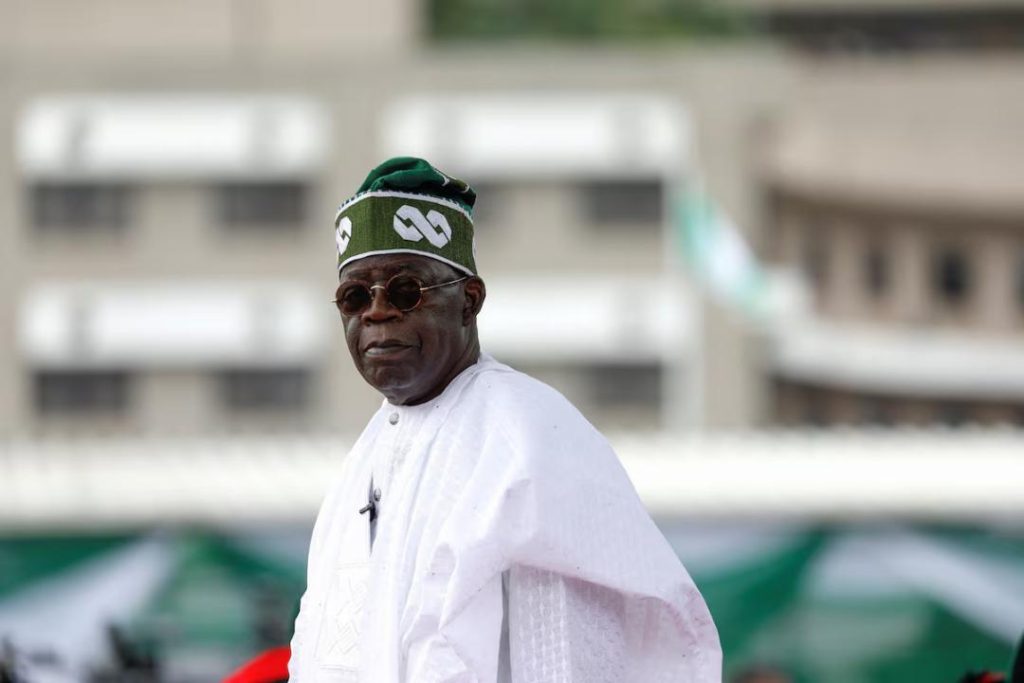
Nigeria to Appoint Envoys 18 Months After Worldwide Recall: Report
Nigeria’s government has begun evaluating potential candidates to lead its diplomatic missions, a report said, nearly 18 months after President Bola Tinubu recalled all of the country’s ambassadors worldwide. The decision to appoint new envoys comes after the Foreign Affairs ministry cited a lack of funds as the reason for the delay.
According to the report, the Nigerian government has allocated a significant amount of money in this year’s budget to run its foreign missions. The 2023 budget allocated 302.4 billion naira ($198.30 million) to the Foreign Affairs ministry, indicating that the government is committed to revamping its diplomatic efforts.
The recall of Nigerian ambassadors in 2023 sparked concerns about the country’s diplomatic capabilities and its ability to engage with other nations effectively. The move was seen as a significant setback for Nigeria’s foreign policy, which had been touted as a key priority by President Tinubu’s administration.
The recall of envoys was attributed to a number of factors, including a lack of funds and a desire to re-evaluate the country’s diplomatic strategy. The Foreign Affairs ministry had reportedly struggled to meet its financial obligations, leading to a delay in the appointment of new envoys.
The delay had significant implications for Nigeria’s international relations, with many countries expressing concern about the absence of Nigerian ambassadors. The recall of envoys also led to a decline in Nigeria’s diplomatic presence on the global stage, with many countries reducing their diplomatic staff in Nigeria.
However, it appears that the government has finally taken steps to address the issue. According to sources, the Foreign Affairs ministry has begun evaluating potential candidates to lead Nigeria’s diplomatic missions. The process is expected to take several weeks, with the government likely to announce new envoys in the coming months.
The appointment of new envoys is seen as a crucial step in revamping Nigeria’s diplomatic capabilities. The country’s foreign policy has been criticized for being ineffective, with many accusing the government of failing to engage with other nations effectively.
The recall of envoys had also led to concerns about the country’s economic interests. Nigeria relies heavily on foreign investment and trade, and the absence of diplomatic representation had raised concerns about the country’s ability to attract foreign investment and protect its economic interests.
The appointment of new envoys is likely to be a key priority for the government, with many expecting the new envoys to play a crucial role in promoting Nigeria’s economic interests. The envoys are also expected to play a key role in promoting Nigeria’s interests in international organizations, including the United Nations and the African Union.
The appointment of new envoys is also seen as a significant step in improving Nigeria’s international relations. The country’s relations with other nations had been strained in recent years, with many countries expressing concern about the country’s human rights record and its handling of corruption.
The appointment of new envoys is likely to be a key factor in improving Nigeria’s international relations. The envoys are expected to engage with other nations and promote Nigeria’s interests, which could help to improve the country’s relations with other countries.
In conclusion, Nigeria’s government has finally taken steps to appoint new envoys to lead its diplomatic missions, nearly 18 months after the recall of all of the country’s ambassadors worldwide. The appointment of new envoys is a crucial step in revamping Nigeria’s diplomatic capabilities and promoting the country’s economic interests. The new envoys are expected to play a key role in promoting Nigeria’s interests in international organizations and improving the country’s relations with other nations.
Source:



